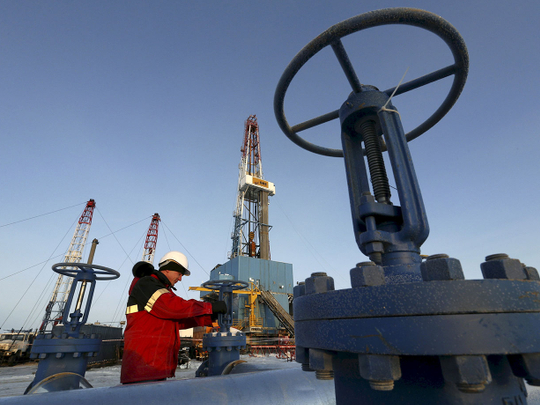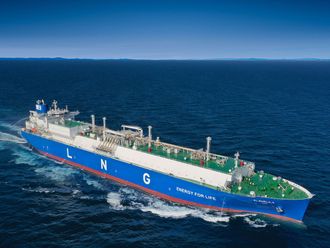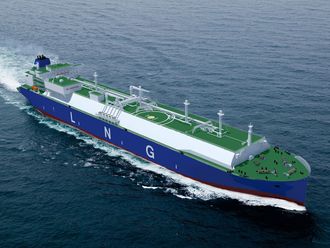
London: Oil traded near $50 a barrel after US crude production and stockpiles dropped and as investors await the outcome of a UK vote on whether to remain in the European Union.
Futures for August delivery rose as much as 1.7 per cent in New York, as European stocks gained for a fifth day and the euro added 0.8 per cent against the dollar. US crude production fell for 14 of the last 15 weeks to the lowest since September 2014 and inventories slid by 917,000 barrels last week, according to data from the Energy Information Administration. Past opinion polls indicated the UK referendum, known as Brexit, could go either way.
Oil has fluctuated the past week as uncertainty about the outcome of the UK vote drove volatility in global markets. Crude in New York has advanced about 90 per cent from the lowest level in 12 years in February as disruptions from Nigeria to Canada and falling output in the US eased a global surplus.
“Production declines continue to accelerate,” Amrita Sen, chief oil analyst at consultants Energy Aspects Ltd., said in a report. “But crude demand has faltered” and so “crude stockdraws will moderate for now.”
West Texas Intermediate for August delivery gained as much as 82 cents to $49.95 a barrel on the New York Mercantile Exchange and was at $49.94 at 11:31am. London time. The contract lost 72 cents to $49.13 on Wednesday. Total volume traded was about 22 per cent below the 100-day average.
US Stockpiles
Brent for August settlement rose as much as 97 cents, or 1.9 per cent, to $50.85 a barrel on the London-based ICE Futures Europe exchange. Prices on Wednesday fell 74 cents, or 1.5 per cent, to $49.88. The global benchmark crude traded at a premium of 90 cents to WTI.
For a story on new US shale oil initial public offerings, click here.
Crude stockpiles at Cushing, Oklahoma, the delivery point for WTI and the biggest US oil-storage hub, dropped by 1.28 million barrels to 65.2 million, according to the EIA report. While nationwide supplies dropped to 530.6 million barrels, they remain more than 100 million barrels above the five-year average, according to EIA data.












